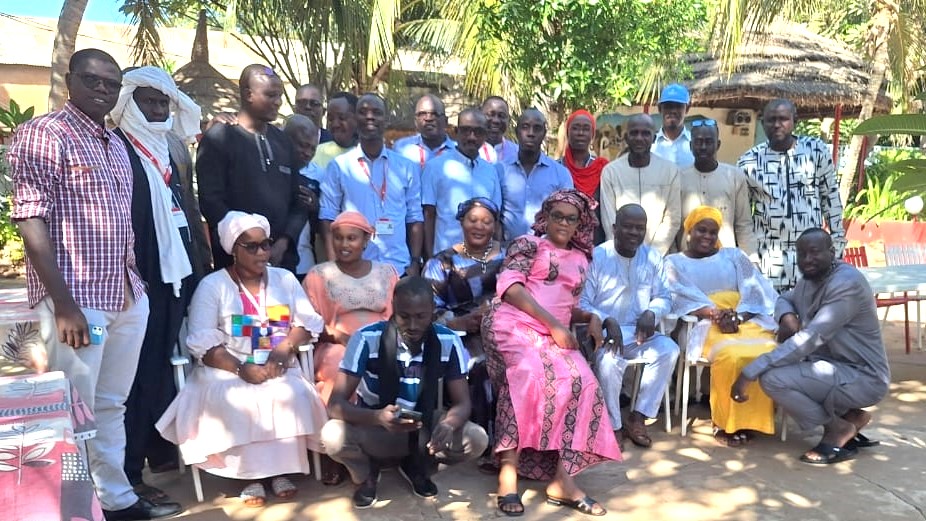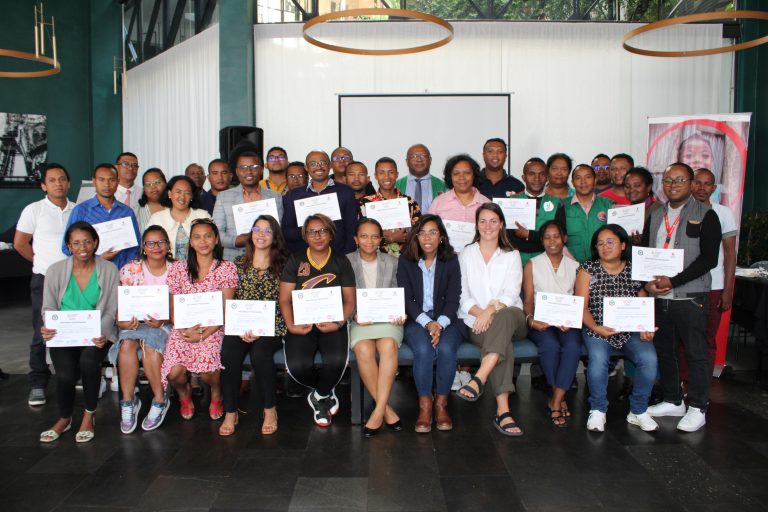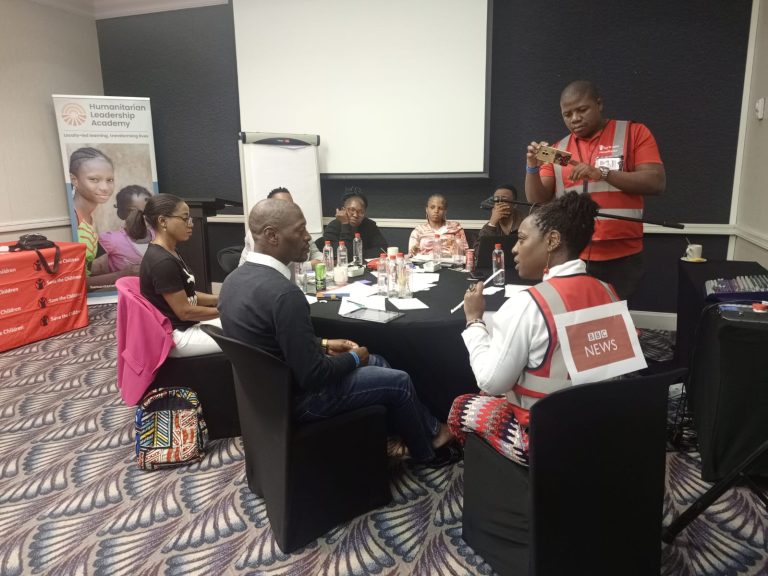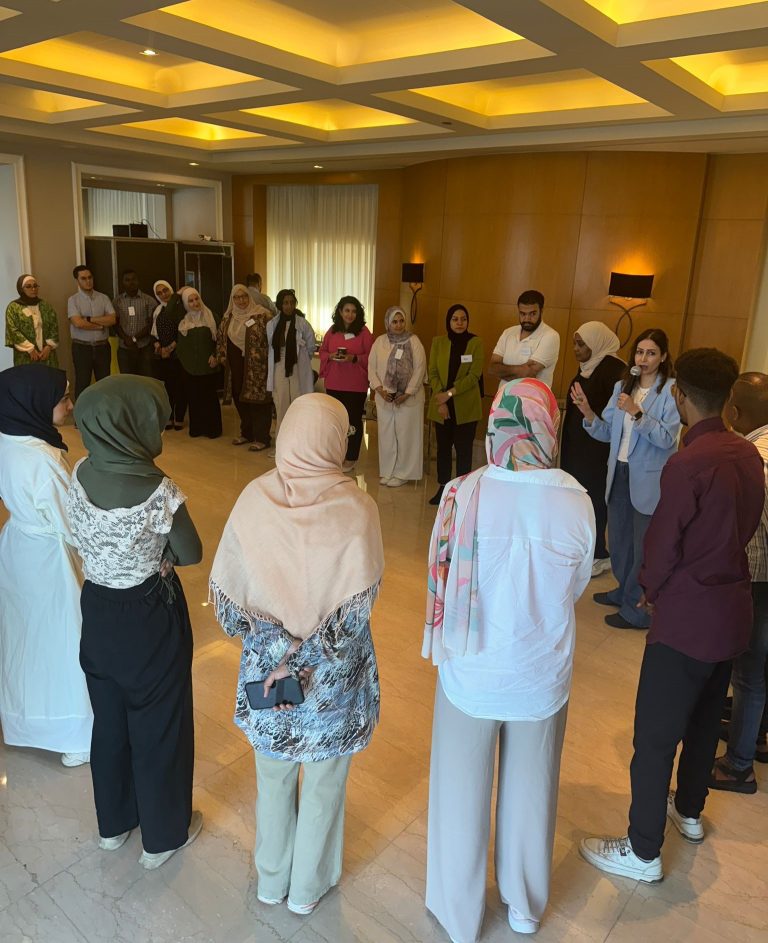Twenty-three humanitarians who are child protection and operations staff from local NGOs, the state government and Save the Children International (SCI) participated in a three-day training at the end of November in Segou, Mali.

For humanitarians in Mali, psychological first aid is well practised, although it lacked the structure that the training course provided. There was also emphasis on the definition of stress, its factors and the adaptation systems that can be introduced at individual, social and professional levels.
The training focused on strengthening the capacity of SCI staff, local and national front-line workers to provide appropriate mental health and psychosocial support services to children and their families.
The training on Mental Health and Psychosocial Support (MHPSS) and Stress Management in Humanitarian Action covered child-focused psychological first aid and staff stress management and monitoring. The idea was to strengthen staff skills to deliver support and where necessary, make referrals to specialist services considering the integrated rapid response approach for children.
Amintou Ibrahim Sangou – Safeguarding and Gender Officer, SCI Mali/Mopti, one of the training participants said: “What I really appreciated about this workshop was the stress management aspect of humanitarian work. We work in emergency and development contexts, so we need to manage our own stress first… to be able to help others, you need to feel good in body and mind so that you can give the best to the beneficiaries.”
Amintou’s reflection resonated across board and participation and interaction between participants showed a satisfactory level of knowledge of the concepts surrounding mental health and psychosocial support.
Participants highlighted the need for a real mechanism to support actors in managing the stress generated by their interventions.
Souleymane Berthé, Project Officer, Tenenkou Cercle, NGO CAEB shared: In carrying out our activities, [as a local NGO] we come across some very difficult situations, which can be difficult to deal with in terms of response or care for the victim or those involved… We have learnt a lot of new skills that will enable us, as frontline workers… to improve the psychosocial well-being of the population through psychosocial activities”.
Looking ahead, the training and organising team plan for a post-training follow-up to ensure that the knowledge acquired is translated into practical action on the ground.


